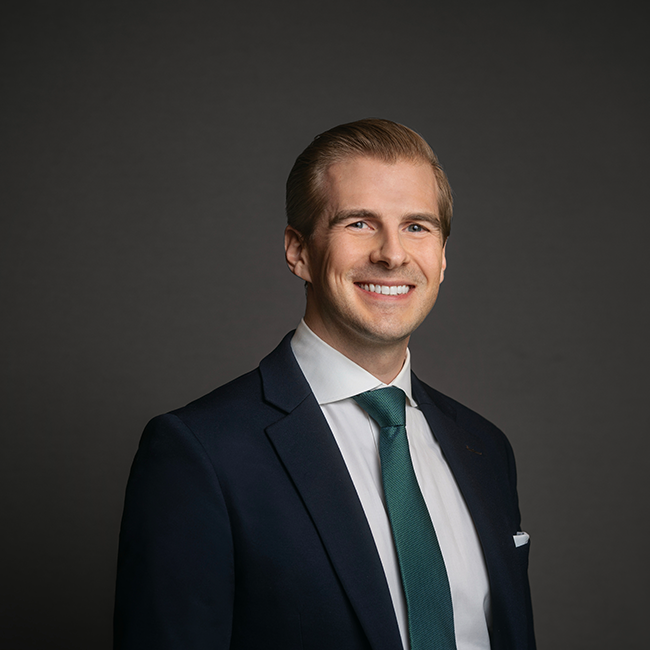

|
Sarah Lenz Lock, JDSenior Vice President, Policy & Brain Health and Executive Director, Global Council on Brain Health, AARP |
1. You are a Steering Committee member of the Milken Institute Alliance to Improve Dementia Care. Describe the expertise that you bring to our Alliance, and how the ideas explored during our convenings have helped inform your work.
As an attorney with over 30 years of experience in aging and health-care issues, I have found that the challenges people with dementia and their families in the United States face are some of the most difficult and intractable problems. There are so many different sectors involved in the patchwork quilt of services necessary to address the myriad of concerns that impact people living with dementia. It is only through radical collaboration that we will be able to tackle them.
2. Individuals living with dementia have complex medical and psychosocial needs that are often not met. How would you define the core components of comprehensive dementia care, and how do they contribute to improved quality of life among people living with dementia and their caregivers?
The fundamental principle necessary to drive high-quality dementia care is the delivery of person-centered solutions to address the outcomes that matter most to that person. That is the irony of trying to create scalable solutions across diverse sectors and cultures; what you really have to do is address the individual humanity of each person who needs some assistance and their families or friends who are trying to help them.
3. People living with dementia and their caregivers must navigate a complex and fragmented care system. What needs to be done to achieve a more seamless, coordinated patient experience?
The first thing that needs to be done is to start changing the concept that our care system is impossible to change. The second is to eliminate the barriers created to delivering that care that are usually in place for reasons having nothing to do with that person. We expect the “health-care” system to solve this problem, but it is really a combination of bringing together the social, financial, housing, transportation, legal, medical and research, and innovation systems to accommodate the long-term care needs of people living with dementia and their families.
4. Describe the work AARP and the Global Council on Brain Health are doing to improve access to high-quality dementia care. How are current Medicare reimbursement policies impacting the ability to deliver comprehensive care?
We have identified the evidence-based practices people can take to reduce their risks for cognitive decline as they age, along with identifying the knowledge gaps where more research is needed. But we also look at the evidence behind whether these lifestyle interventions can also impact the quality of life for people who already have the symptoms of the diseases that cause dementia. We have often found that the same things that reduce risk or delay onset can also improve the quality of life for people living with dementia. Current Medicare policies do not usually pay for things often defined as social care because they have not been identified as “medically necessary.” That barrier unintentionally results in extreme costs and suffering—financial, physical, and emotional—to individuals and families, as well as massive and unnecessary expenditures in the long run for Medicare.
5. Given the multi-sector membership and focus of the Alliance to Improve Dementia Care, what are you hopeful about over the next 5-10 years?
I am hopeful that we can bring all the different players together to spur faster adoption of innovation and elimination of the barriers to high-quality dementia care. We have systematically identified the problems; we now need to implement effective solutions. In this singular coming together of leaders from the different parts of the patchwork quilt, I am hopeful we can. We have also embraced the need to build equity into the design and delivery of the solutions so that the groups within our society that face the most monumental barriers are not left out of those solutions.








